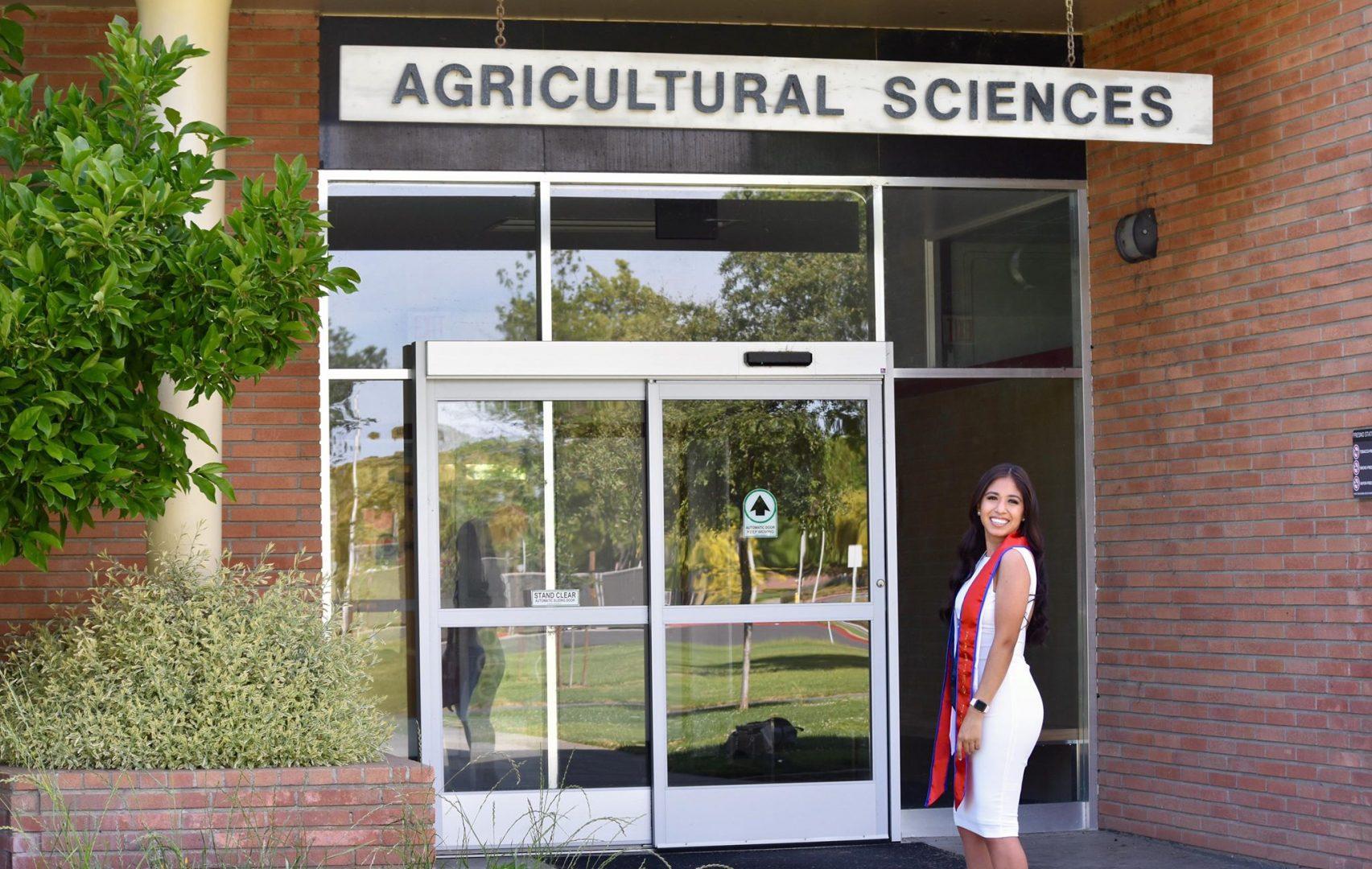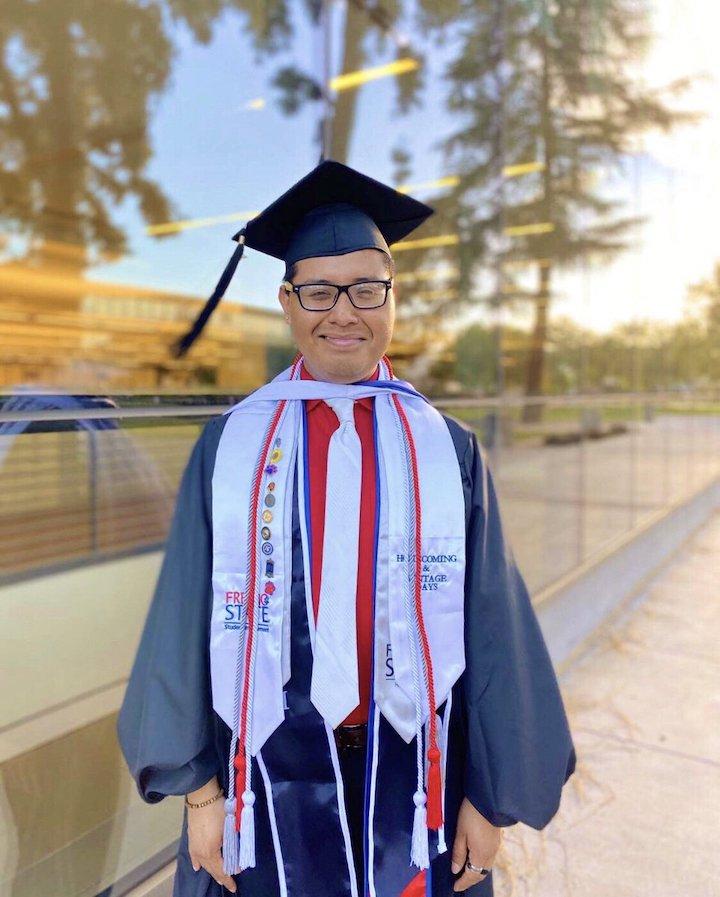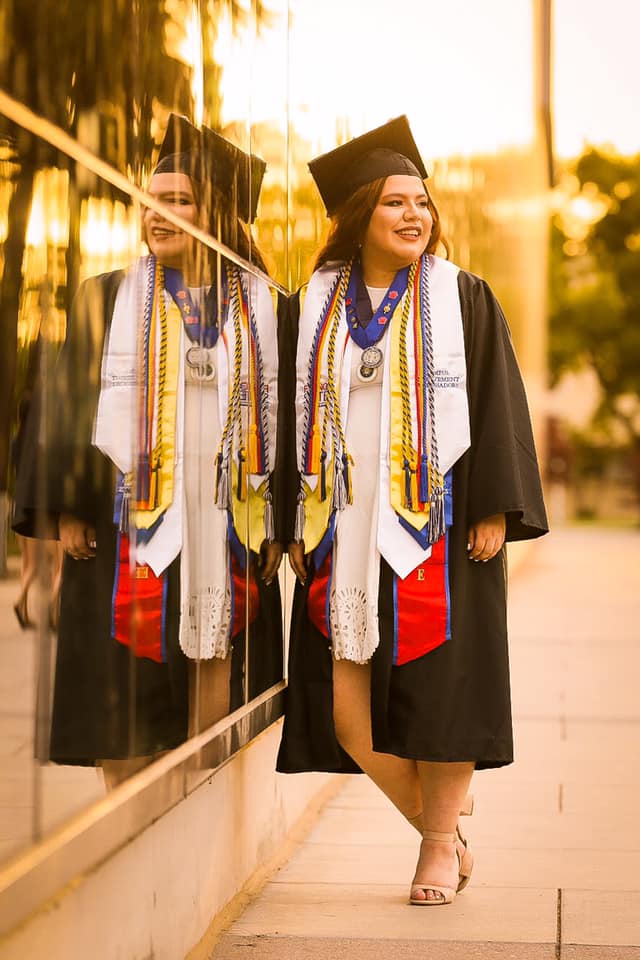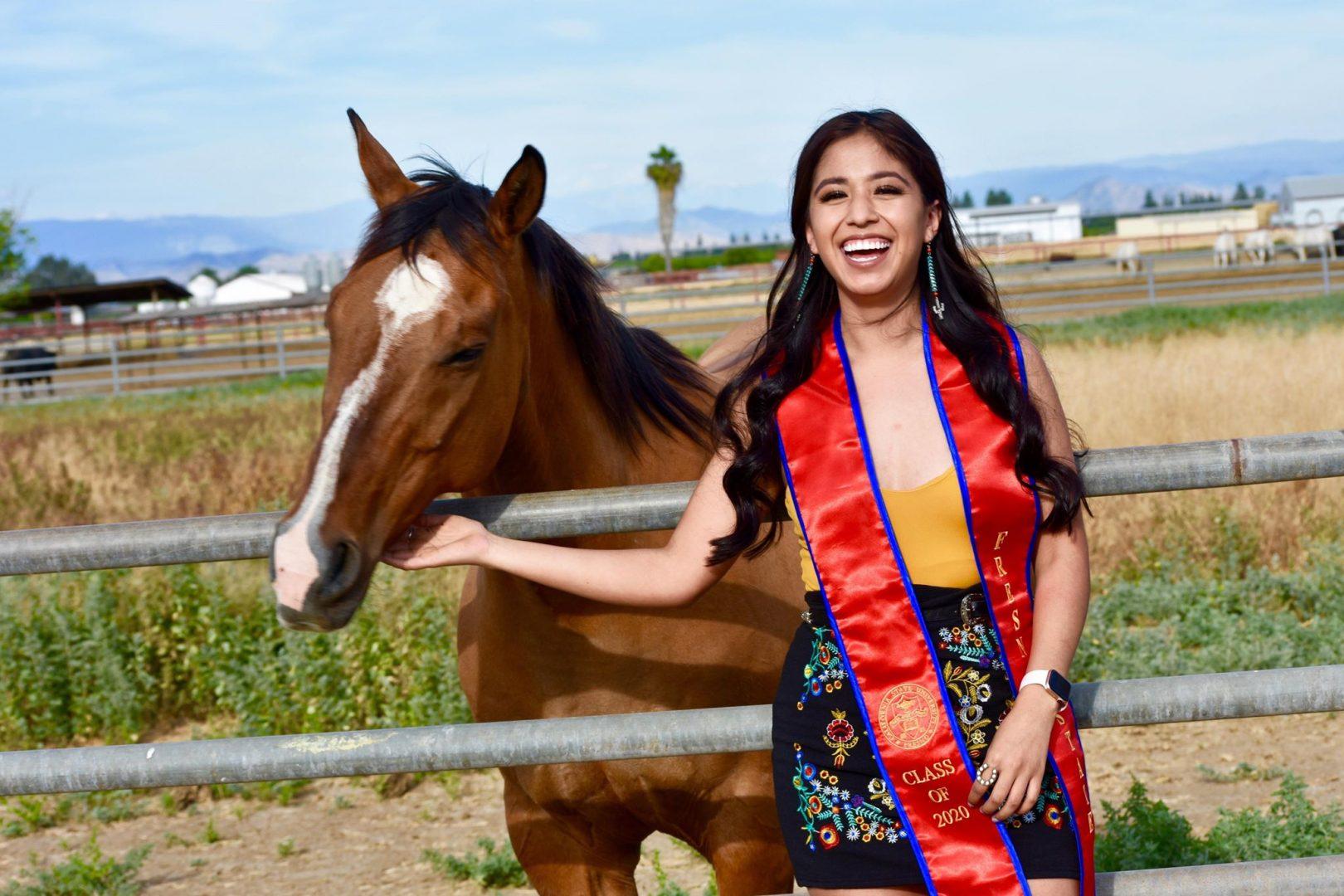Once the spring semester started, everything was moving as normal. Classes were underway, and students looked ahead to a new schedule with different professors and classmates.
The main concerns on students’ minds were getting through coursework, paying rent, working a job and, for some, taking care of their children. There was no cause for concern about a strange respiratory virus that could spread very easily.
And even if there was, there was very little reason for many experts to believe that a virus in China’s Hubei province would make its way to the U.S.
As the following months ensued, the rhetoric around COVID-19 changed from speculation to panic. Cases began rising in parts of the U.S. in late February and early March, and colleges began taking notice.
The University of Washington was one of the first colleges in the U.S. to announce that it was ending in-person classes on March 6. The following weekend, Fresno State President Dr. Joseph I. Castro had several discussions with cabinet members to decide whether Fresno State would follow suit and transition to online learning.
Five days later, the university announced that it was canceling in-person classes, and students had no choice but to pack their things and say their goodbyes, not knowing when they’ll be back.
The following Monday ”” one of the busiest days on campus each week ”” was empty, filled only with the steady sound of raindrops as they splashed on the walkways.
No longer were there people blazing by on scooters and skateboards, and no longer were there people to interact with the dozens of squirrels scattered around the grounds.
Yessenia Diaz, an animal science major with an option in equine science, said she couldn’t believe losing two things: working at the Student Recreation Center and the farm on campus.
“One day I went to work, and then we were wearing gloves, and then the next day… they [my coworkers said], ‘Oh yeah this is the last day we’re going to be open,’” Diaz said. “I was like ‘Oh they took away the farm from me and now this,’ but I mean I get it. We just want everybody to stay healthy.”

However, the ones who may have been affected the most were the Class of 2020, finishing their final semester at Fresno State and entering a new part of their lives.
Ramiro Merino was working on his 100-page report in his education master’s degree program. Without access to the Henry Madden Library, Merino had to find a way to recreate a work environment at home while also taking care of five siblings.
“It was really hard and difficult and challenging to do [all my work] on one small screen on my laptop, but I made it work,” Merino said. “I don’t have a desk at home because I do all my work at school. I had to make a makeshift-desk area and kind of figure out what was going to make me feel comfortable and kind of give me that normalcy [where] I feel like this is the environment that I would find myself at in the library on campus.”

Merino focused his report on student leaders at Fresno State and how they utilized social media to practice their leadership. While working on that, Merino was a graduate assistant for major campus events like Vintage Days.
When Vintage Days had to cancel its in-person activities, Merino worked with the student committee to help transition the festivities virtually like the car show, crafts faire and the kids zone.
“We’ve only been doing the car show, I want to say, the last three years now,…but I think the virtual element really made people feel more connected,” Merino said. “The engagement was incredible, we got over 400 votes which determined the one winner.”
Lost commencement
On March 17, Fresno State announced that the 2020 graduation commencement ceremony would be postponed. With the postponement, 6,400 Fresno State students lost the opportunity to walk amongst their peers at the Save Mart Center.
With no commencement, many students found other ways to celebrate their accomplishments.
Merino said it was nice to get a chance to celebrate with his family and dedicate this accomplishment to them since they gave him the opportunity to pursue a master’s degree.
They celebrated together with a meal ”” Me-n-ed’s pizza and tacos.
“[To celebrate], I went up to the mountains with a good friend of mine,” said Noah Haworth, a mechanical engineering major at Fresno State, “We tried to meet up with a few other friends, but…with everything going on, that wasn’t possible.”
Kassandra Cordova, a psychology major at Fresno State, said it was disappointing that after putting in so much effort for many years for the graduation ceremony to postpone.
Despite that, her family and friends set up a ceremony to celebrate.
“I’m very grateful to have families and friends who show so much support and care about me because they threw a surprise drive-by parade for me, and I had no clue. It just made my day,” Cordova said. “I went outside, and then there was this line of cars just coming in, honking, and I had some friends giving me stuff.”

New opportunities
Haworth was wondering what to do once classes transitioned online, and Dr. Sankha Banerjee, an assistant professor at Fresno State, had asked him if he was interested in designing and producing personal protective equipment (PPE) for health care workers.
In the mechanical engineering lab in Engineering West, Haworth and several other students have been 3-D printing parts of face shields and masks.
“We’ve donated just under 800 [face shields] at this point, and we’re trying to donate around a little more than a hundred a day,” Haworth said. “…We’ve donated quite a few to CRMC [Community Regional Medical Center], St. Agnes, the VA [Veterans Affairs] hospital, some free clinics and Adventist Health down in Tulare.”
Haworth said they even got the opportunity to work on a design for a battery-powered air purifying respirator, or PAPR, which filters out 99.7 percent of particles that are equal to or greater than 0.3 microns in diameter.
In contrast, a N95 respirator only filters out 95 percent of particles.
The PAPR respirator would be given to health care workers in the Central Valley who are treating patients with COVID-19.
Lost plans
As COVID-19 has upended the lives of students across the country, many of them are trying to navigate their plans around the pandemic.
Cordova has said one of the hardest things is to stay in contact with friends in a world where social contact has turned into social distancing and hangouts have turned into virtual happy hours.
Although the shelter-in-place order in Fresno was lifted on Tuesday, May 26, COVID-19 cases are still rising, and people are still unsure of meeting friends in person.
“It’s been hard because I love social interactions. I love close contact with people, and a lot of them didn’t know that I care. I haven’t seen my friends in such a long time because of the quarantine, and so I try to stay with contact with them by [using] FaceTime and sending them a message,” Cordova said. “…I feel like planning hangouts is different online because a lot of people are just busy and.. trying to figure out what they need to do to support themselves and their families.”
Diaz was planning to walk in the spring and then graduate in the fall. As she heads into her final semester, she said she doesn’t know how it’s going to look.
“I know there are three of us girls from the equine major that are graduating this fall,” Diaz said. “And everybody who always makes plans for the future, we’re like ‘Oh yeah, we’re going to graduate in the fall, take these classes together,’ but that’s not going to happen.”




